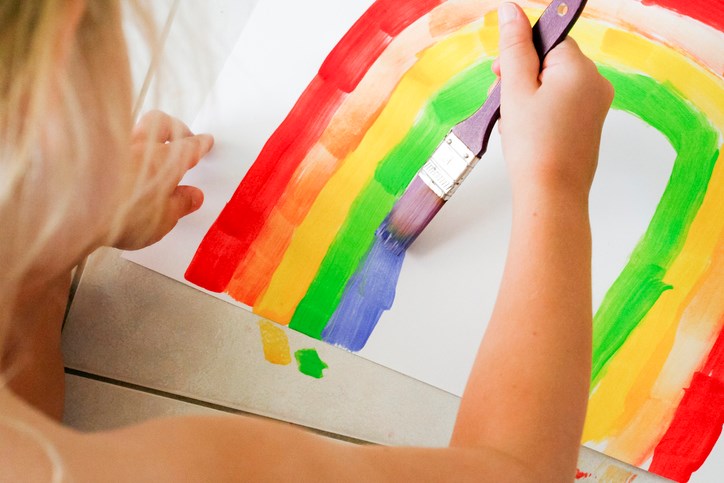SOGI (pronounced so-jee) stands for Sexual Orientation and Gender Identity and SOGI-inclusive education exists in all B.C. school district’s including School District. No 57 (SD57).
SOGI is not its own curriculum; instead, it is one aspect of diversity that is embedded across a range of grades and subject areas.
Back on , all B.C. school districts and independent schools were required to include specific references to sexual orientation and gender identity (SOGI) in their anti-bullying policies.
This requirement followed the July 2016 addition of gender identity and expression as a prohibited ground of discrimination under the B.C. Human Rights Code (sexual orientation was already protected).
“All of B.C.’s schools need to be welcoming and safe places free of bullying. We owe it to our children to make sure they know that there are no reasons they should be bullied – and including sexual orientation and gender identity in anti-bullying policies makes that crystal clear,” said Mike Bernier, who was the education minister, at the time.
Policies and procedures that explicitly reference SOGI have been proven to reduce, discrimination, suicidal ideation and suicide attempts for all students.
A found that harassment on the basis of perceived sexual orientation or gender identity is experienced by both students who identify as 2SLGBTQ+ and students who do not.
This is because homophobia and transphobia can be directed at anyone and invariably have a negative effect on school culture, emotional well-being and academic success.
Like other forms of inclusion in schools, the goal of SOGI-inclusive education is for everyone to understand the diverse society that we live in and to feel safe, valued, and respected.
All students need to see themselves and their families reflected in lessons, language and practices.
The Ministry of Education is responsible for the creation of BC curriculum, and resources like provides ready-to-use, grade level SOGI-inclusive lesson plans that align with the curriculum.
Teachers can then customize SOGI 1 2 3 lesson plans to meet the needs of their classrooms.
This might look like talking about famous 2SLGBTQ+ people in a history lesson or reading novels that include 2SLGBTQ+ characters in an English class.
There are 10 key components for effective SOGI-Inclusive policies and procedures:
Common language
All parties will be well-informed of and equipped with appropriate and respectful language.
Safety/anti-harrasment
Proactive and reactive measures that include sexual orientation and gender identity will impact all students.
Self identification
Students will have the right to self-identification, which includes the name by which they wish to be addressed and the pronouns that correspond to their gender identity.
Confidentiality
Students will have the right to the confidentiality of their sex, gender, and name.
Dress guidelines
Students may express their gender identity or gender expression through what they wear to school. A dress code should be as all-inclusive as possible, which may include removing pronouns.
Gender integrated and inclusive activities
Integrated and inclusive activities will enable students to join teams and groups that they feel correspond with their gender identity.
Educator training
All staff will be provided with knowledge and tools to develop a broad understanding of SOGI and the impact on students.
Inclusive learning
Classroom materials and activities will contain positive images and accurate information about sexual and/or gender diversity.
Facilities
Individuals may choose to use washrooms and change rooms that match their gender identity, including non-gendered single-stall washrooms and change rooms.
Inclusive extra curriculars
Students will be included and accommodated for in all extra-curricular activities regardless of their sexual orientation or gender identity, including support to set up a Gender-Sexuality Alliance/Gay-Straight Alliance or similar club.
You can learn more about .



